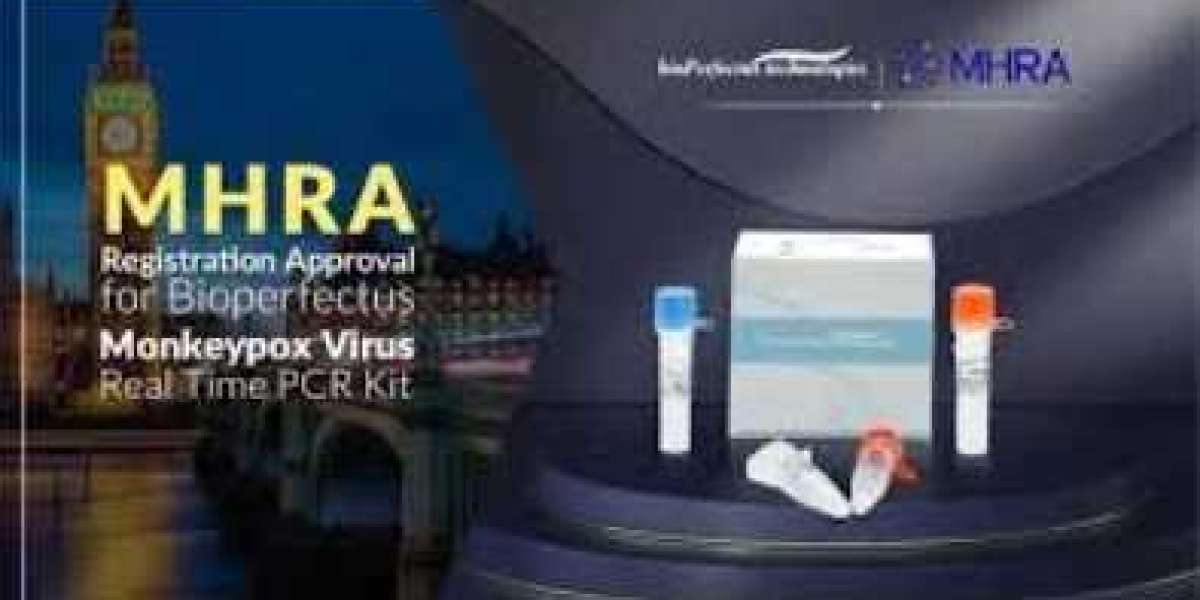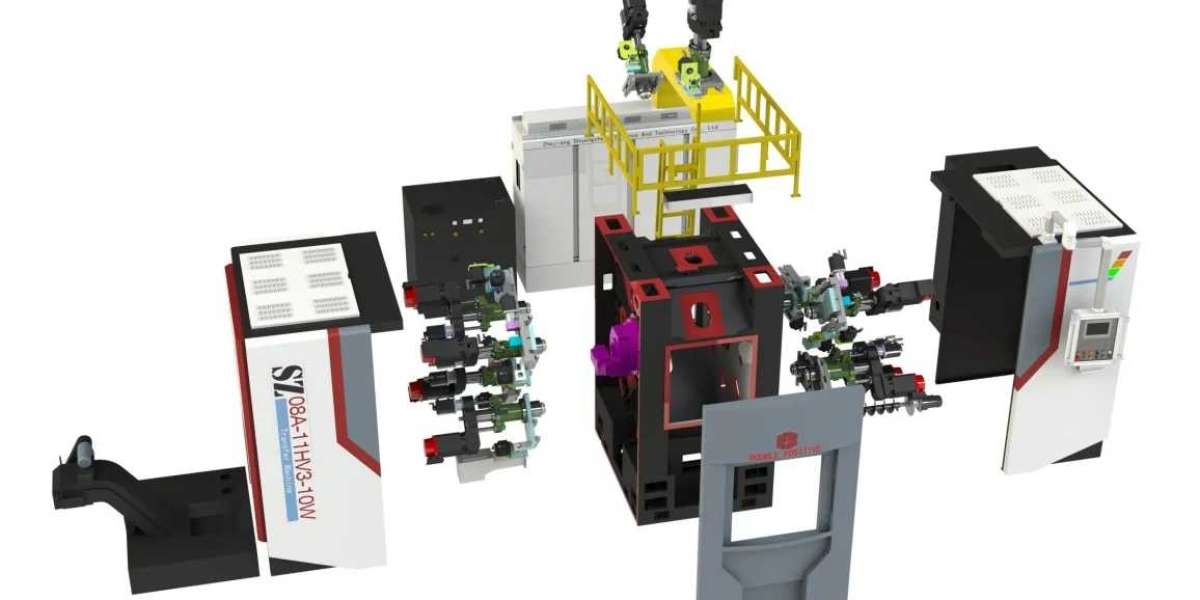Registering medical devices with the Medicines Healthcare products Regulatory Agency (MHRA) is a crucial step for manufacturers looking to place their products on the UK market. However, navigating the registration process can be complex, and making mistakes can lead to delays or non-compliance. In this blog post, we will highlight some common mistakes to avoid when registering your medical devices with MHRA, ensuring a smooth and successful registration process.
1.Not Understanding the UKCA Marking Requirements
One of the key changes after Brexit is the introduction of the UKCA marking, replacing the CE marking for products placed on the UK market. A common mistake is not fully understanding the new requirements for the UKCA marking. It is essential to familiarize yourself with the UKCA certification process and ensure that your products comply with the necessary regulations and standards.
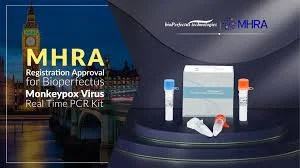
2.Failing to Determine the Correct Device Classification
Medical devices are classified based on their level of risk, and the classification rules in the UK are similar to those in the EU. It is crucial to accurately determine the classification of your medical device before registering it with MHRA. Incorrect classification can result in inappropriate conformity assessment procedures and delays in the registration process.
3.Neglecting to Prepare and Maintain Technical Documentation
The technical documentation is a vital component of the registration process. It includes the declaration of conformity and any relevant certificates or test reports. One common mistake is failing to prepare and maintain accurate technical documentation in accordance with MHRA's requirements. Ensure that all necessary documentation is complete, up-to-date, and readily available for inspection by MHRA.
4.Not Appointing a UK Responsible Person (UKRP) when Required
If you are a non-UK manufacturer, it is essential to appoint a UK Responsible Person (UKRP) to act as a liaison between your company and MHRA. The UKRP takes on various responsibilities, such as ensuring the declaration of conformity is in place and providing necessary information to demonstrate device conformity. Failing to appoint a UKRP when required can lead to non-compliance with registration requirements.
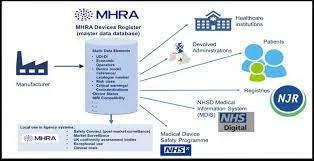
5.Inadequate Communication with MHRA
Clear and timely communication with MHRA is crucial throughout the registration process. One common mistake is not responding promptly to requests for information or not providing requested samples or access to devices. It is essential to cooperate fully with MHRA and promptly address any queries or requests they may have.
6.Overlooking Post-Market Surveillance Requirements
Post-market surveillance is an ongoing process that involves monitoring the performance and safety of medical devices after they are placed on the market. Many manufacturers make the mistake of overlooking or underestimating the importance of post-market surveillance. Ensure that you have a robust post-market surveillance system in place to promptly identify and address any issues or incidents related to your devices.
7.Failure to Keep Registered Information Updated
Once registered with MHRA, it is crucial to keep your registered information up-to-date. Failing to update changes in your registered information, such as changes in manufacturing sites or contact details, can lead to non-compliance and potential delays in the registration process. Regularly review and update your registered information as necessary.
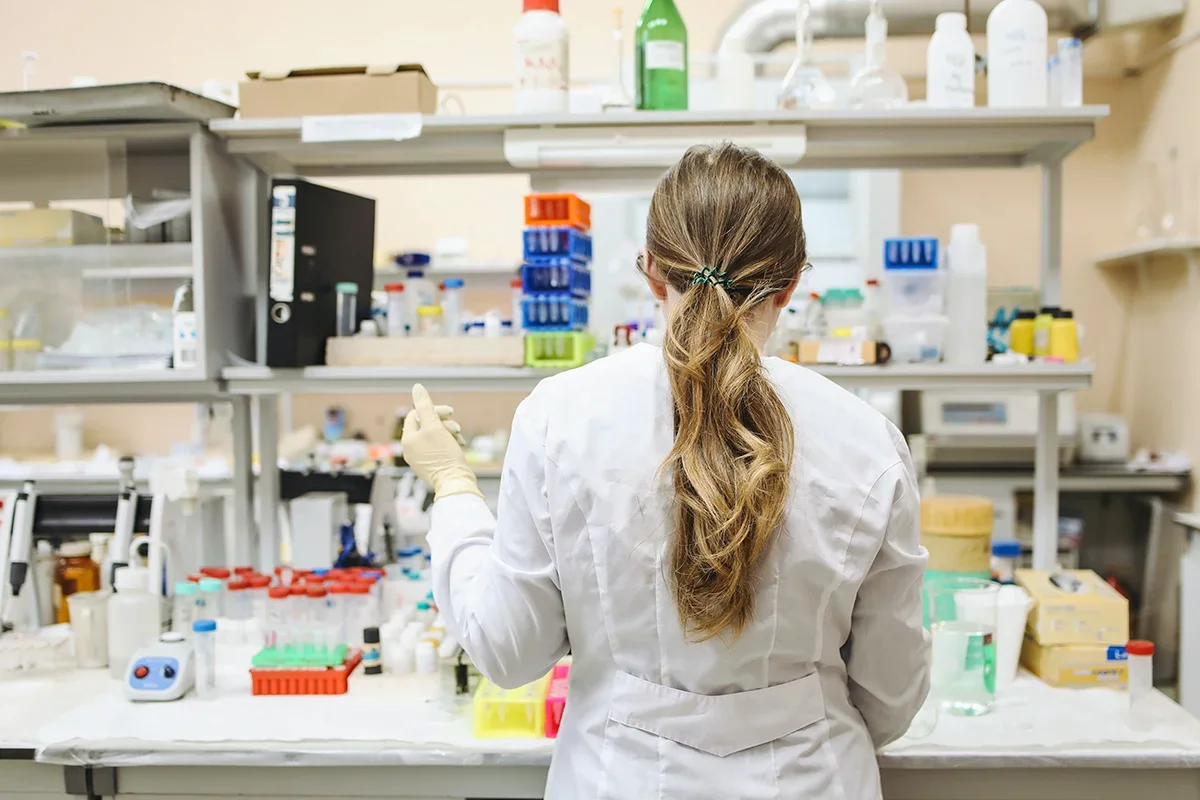
Conclusion
Registering your medical devices with MHRA is a critical step in ensuring compliance and market access in the UK. By avoiding common mistakes such as not understanding UKCA marking requirements, misclassifying devices, neglecting technical documentation, failing to appoint a UKRP, inadequate communication, overlooking post-market surveillance, and not keeping registered information updated, you can streamline the registration process and ensure a successful outcome. Stay informed, follow the guidelines, and seek professional assistance if needed to navigate the registration process smoothly and efficiently.
KINGSMEAD, as a reputable company, can provide the necessary expertise and support to help you navigate the registration process and ensure compliance with MHRA requirements. Contact us today for more information.
Email:office@kingsmead-service.com.
